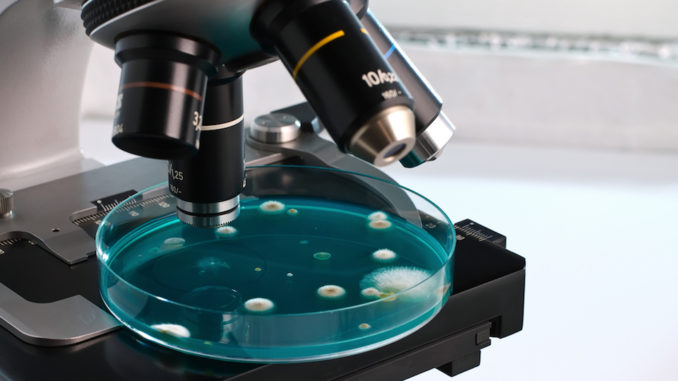
The Microbiome Foundation was created in 2018 with the aim of supporting a genuine scientific revolution. The goal is to promote a new paradigm in healthcare, towards a more personalised and preventative approach that preserves each individual’s “health capital”. The foundation’s efforts are rooted in the realisation that we are facing a major public health crisis: the epidemic of obesity and chronic diseases, which have devastating consequences in terms of health and cost. Our environment –our diet, above all – plays a role in the development of these illnesses, largely through its impact on our gut microbiota.
Human beings live in symbiosis with the gut microbiota, an ecosystem comprising some 100,000 billion micro-organisms. Thanks to our enhanced understanding of its role, the microbiota presents new therapeutic possibilities for treating health problems for which there is currently no remedy.
The Microbiome Foundation was created as a French non-profit organisation whose aim is to raise money from private donors and companies to further two goals:
- Funding innovative and academic medical research on the gut microbiota. The Microbiome Foundation is interested in particular in supporting research related to illnesses that, according to current scientific consensus, are correlated with dysbiosis. Funding is allocated based on an annual call for research proposals on the connection between a given illness and the gut microbiota or the mechanisms underlying its interactions with its host.
- Raising public awareness about the critical role of nutrition in shaping the microbiota and preserving one’s “health capital”.
Our communications strategy is based on establishing media partnerships and implementing communications campaigns.
Our initial donors include Groupe Dassault, a founding partner whose support was decisive to getting the Microbiome Foundation off the ground, as well as the Roquette Foundation for Health.
The Microbiome Foundation is led by a team of three individuals: Alfred Véricel, Hélène Huby, and Sophie Durand, who previously co-created the Fonds CSP (PSC Fund), another non-profit organisation, to fund research on primary sclerosing cholangitis (PSC), a rare liver disease.
In addition, the Microbiome Foundation’s scientific work is supported by a high-level Scientific Council, composed of the following individuals:
- Professor Gérard Eberl, head of the research division Microenvironment and Immunity at the Institut Pasteur,
- Professor Pierre Déchelotte, chief of the division Nutrition, Inflammation and Gut-Brain Axis Dysfunction at Rouen University Hospital and a pharmaco-nutrition specialist,
- Professor Olivier Goulet, chief of the division Gastroenterology, Hepatology and Nutrition at Necker Hospital,
- Patricia Lepage, an INRA researcher specialised in the connection between the gut microbiota and immunity, and
- Dr Judith Aron-Wisnewsky, a medical doctor specialised in endocrinology and metabolism at Pitié-Salpêtrière Hospital and a member of the research laboratory run by Professor Karine Clément, recognised for its research into the role of the microbiota in obesity and metabolic diseases.
The work of the Microbiome Foundation is consistent with efforts to promote rigorous and innovative research, while also raising awareness amongst the general public about the importance of preserving our microbiota. Ultimately, its goal is to work towards preventing diseases and discovering treatments, with the aim of bringing about a genuine improvement in the well-being of all.

